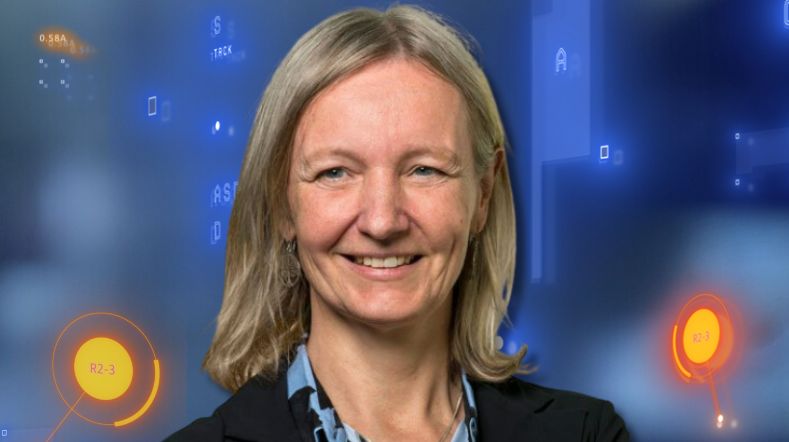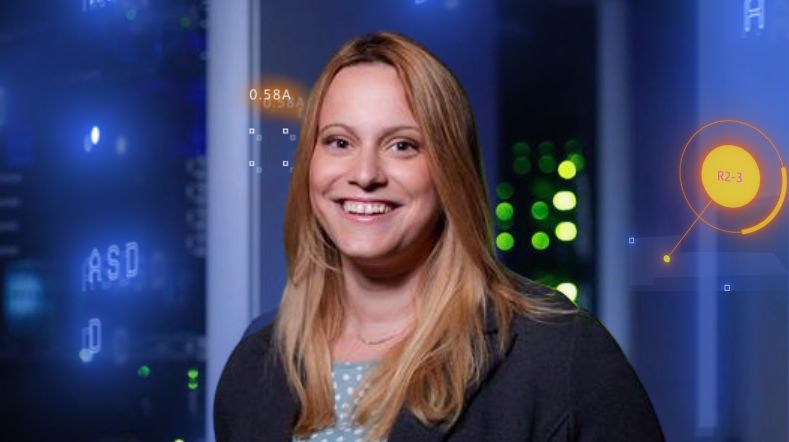Unlock the potential of data securely using privacy-enhancing technologies
By combining and enriching data, we can create new insights and innovative solutions. We’ll be able to make healthcare more personal and accelerate the energy transition, for example. But how do you handle sensitive personal data securely? At TNO, we’re working on privacy-enhancing technologies, such as multi-party computation (MPC), federated learning, and synthetic data generation. Discover how you can use these to create value as an organisation, while also respecting privacy.
Hospitals that can provide personalised care, based on your specific situation. Medical specialists who can gain an even more reliable understanding of how diseases such as cancer and cardiac insufficiency progress. Law enforcement authorities and financial institutions that combine their data, greatly enhancing their effectiveness in the fight against fraud and money laundering.
Exchanging data has huge potential for the economy and society. Recent research has shown that our GDP could actually rise by 1.5% if organisations seized the opportunities offered by data sharing (source: OECD). But how do you do that effectively and – above all – securely?
Discover privacy-enhancing technologies
Privacy-enhancing technologies (PET) offer solutions. Together, these technologies enable organisations to conduct joint data analyses in a privacy-friendly manner.
Federated learning, for example, brings the machine learning model to the data, rather than the other way round, so that you don’t require a central database. And secure multi-party computation uses a ‘toolkit’ of cryptographic techniques that enable multiple parties to use data jointly for making calculations, as if they had a shared database.
With the help of synthetic data, you can analyse and use data without violating the privacy of individuals, while still retaining the information from the original data. We’ve set out all these technologies and their applications in our white paper, ‘Finally, a privacy-friendly way to use data’.

From data sharing versus privacy, to creating value with privacy-friendly data analysis.
How can TNO help your organisation?
At TNO, we help organisations select appropriate privacy-enhancing technologies that contribute to privacy-friendly collaboration on data. We carry out joint research on your organisation’s requirements and wishes, and advise you on the most effective solution for enabling secure data exchange.
One of the tools we use for this is our PET decision tree. We bring together parties that are essential for addressing a societal problem. We also work with market players that are able to implement the technological solution in the operational setting of your organisation.
Learn more:
Secure Multi-Party Computation
How can you work on information securely together with others, without revealing underlying sensitive data?
Federated learning
How can you analyse large amounts of data, without violating individuals’ right to privacy?
Synthetic Data Generation
How can you learn from personal data without violating privacy?
Get inpired
Time setter story: Kallol Das


Digital Product Passport


Time setter story: Annemieke Kips


Time setter story: Belma Turkovic


TNO’s view of 2030: Digital privacy and security for everyone



